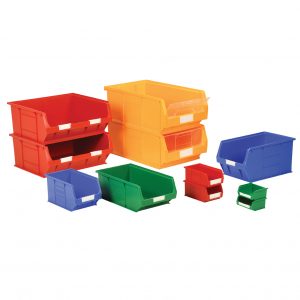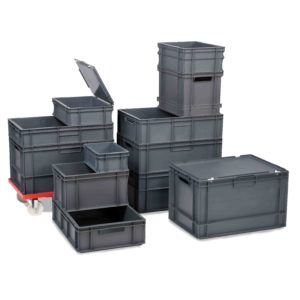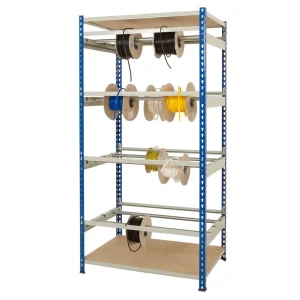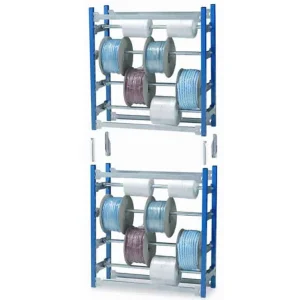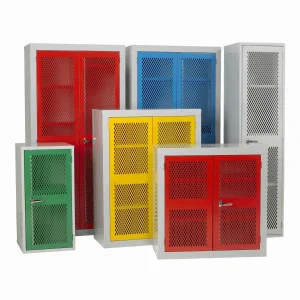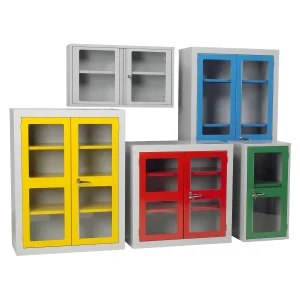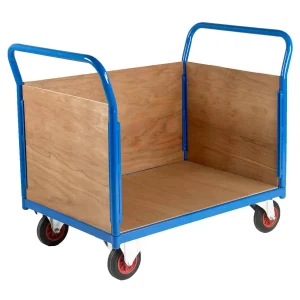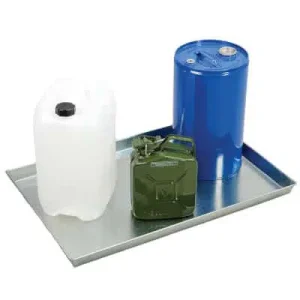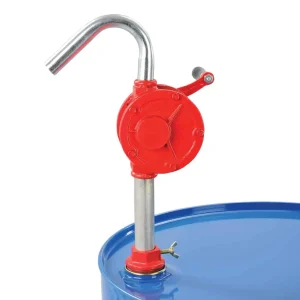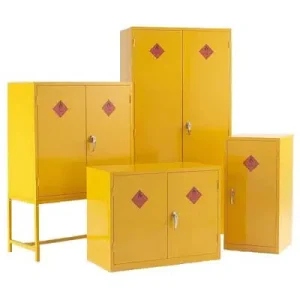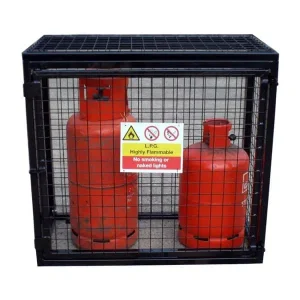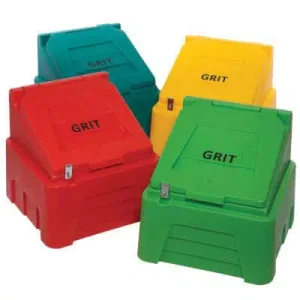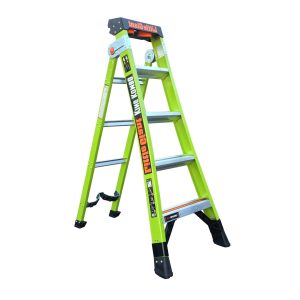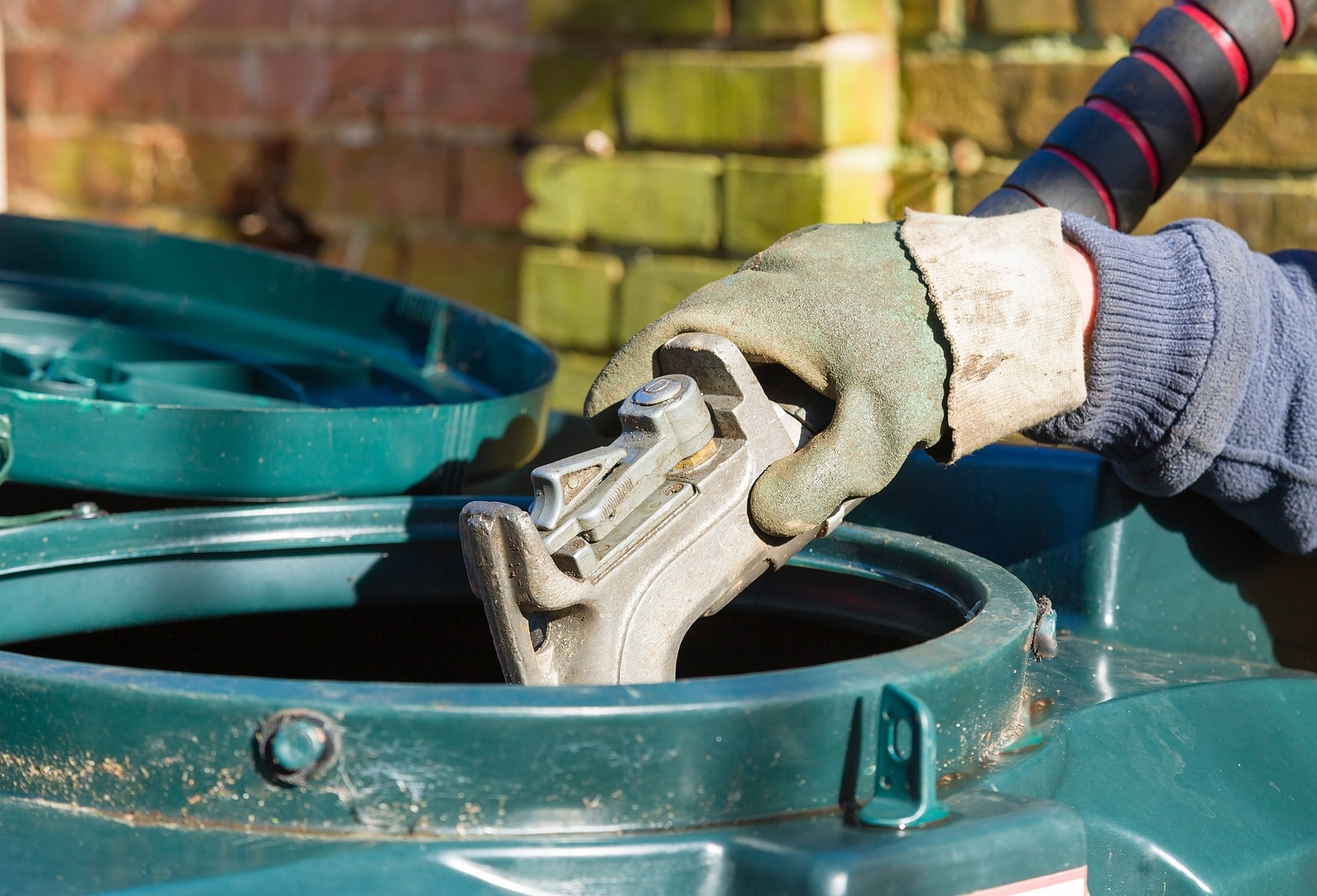
Bunded storage is the safest way to store any hazardous substances such as oil, diesel fuel, strong chemicals and other potentially volatile liquids. They are used primarily in outdoor industrial settings, where large bunded fuel tanks will typically store the barrels, IBC containers or other types of oil storage containers – for safe access and storage while onsite.
The unique benefit of a bunded storage system is that it uses a special tank-within-a-tank design, which collects any spillages. The benefits of bunded storage include the following:
- Preventing spills: Whether a fuel tank or barrel has a leak, corrodes or there is spillage at the fill point of an IBC container, the bund will protect against any spills. Single-skin oil tanks can corrode easily, so it is a highly-protective form of liquid storage.
- Security: the biggest bunded storage units are almost like standalone buildings, and they come with similar security measures. Robust locks, sturdy walls and solid steel structures will make it easy to secure valuable substances in complete safety onsite.
- Customisable: No matter what type of storage tank you want to put inside the bunded storage system you can create a system to your precise specifications, which includes bespoke options for different sizes, shelf types, colours and much more.
- Environmentally friendly: By preventing a spillage you can safely dispose of any liquid in the bund. The outer bund is ideal for safe liquid storage after a spill and is easily removable, so you can put the liquid in a place that will not pollute the area.
- Waste reduction: In the case of oil and certain fuel spillages, you can expect a great financial impact from an accident. As a result, with a secondary containment system such as a bund, you can reduce waste and keep an operation cost-efficient too.
- Compliance with regulations: You will not run afoul of the authorities or local environment agency with a bunded oil tank, which will greatly reduce the chances of a single-skinned tank corroding or spilling.
- Fire-rated: If you store volatile liquids, such as in the case of bunded heating oil tanks, then the fire rating will prevent what could be a very dangerous situation. Most of the bunded storage options we offer have insulated 1-hour fire rating options available.
- High-capacity storage: You can get extremely versatile storage for almost any scale of operation with bunded storage. Using a multi-level storage system, you can store and access huge numbers of plastic or steel bunded storage tanks in the system.
Bunded chemical storage units can be the size of a small shed and can have two levels, meaning a forklift might be required. As a result, they are almost exclusively reserved for industrial situations. However, sometimes you see bunded oil storage tanks in domestic situations too.
What is a Bunded Oil Storage Tank?
A common situation where you might have bunded storage in a residential setting is when you have an external heating system that relies on oil. Unlike most industrial situations, there is no need for multiple containers. As a result, bunded oil storage tanks have a smaller capacity and there is typically a single standalone tank on a property. There are standalone bunded oil tanks of up to 3,500 litres available, depending on the size of the property.
What Needs to Be Bunded?
The regulations for bunding fall under the area of ‘secondary containment’, which means a substance has volatile, hazardous or flammable properties. This includes a wide range of chemicals and other liquids. Examples of such substances include the following:
- Acids
- All forms of oil and petroleum products
- Chlorine
- Cleaning substances, particularly those that are industrial-strength
- Waste and run-off, such as from chemical processes in factories
Essentially, any substance where there is a consequence from a spill requires bunding. You can see some more guidance on bunding on the official website of the Health and Safety Executive (HSE), which is the official government body in charge of enforcing the bunding regulations.
What Happens Without Bunding?
The main consequence of a faulty bund, or no bunding at all, is that chemicals, fuel and other substances come into contact with the environment. For example, on a construction site, leaky fuel or oil containers could seep into the ground.
Consequences of an uncontained spill include the following:
- Reduction or complete loss of soil fertility
- Plant life destruction and poisoning
- Animal poisoning, including wildlife and household pets
- Waste, which can be very expensive in the case of fuel or oil
Without bunding you also open yourself up to enforcement action by the HSE. The HSE has the power to give out fines to non-compliant firms, serve stop-work orders and even pursue criminal charges should there be sufficient neglect displayed.
What is Bunded Storage Explained
As leading providers of a wide range of industrial storage equipment including bunded storage containers, we are the ideal option for when you need reliable service. We have a lot of bunded chemical storage containers that are ideal for all kinds of industries and are available to buy online.
What is bunded storage? Simply a method of storing a hazardous substance with no chance of a spill – completely securely and with full compliance with regulations. There are several other benefits including customisable storage and fire-rated options. Please feel free to browse and buy online with free UK delivery and get in touch with us if you have any product questions.
